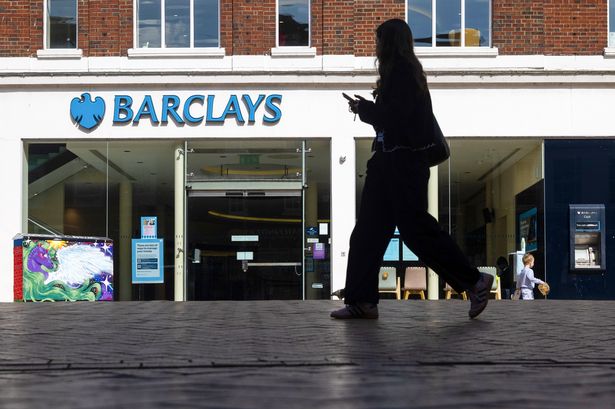Cifas, the UK’s leading fraud prevention service, reports a 1,055 per cent rise in SIM swap scams in 2024. Nearly 3,000 unauthorised porting cases hit the National Fraud Database (NFD). In these attacks, fraudsters hijack a victim’s mobile number by moving it to a new SIM. Once they control the number, they intercept calls, texts, and two-factor codes. This access lets them take over bank apps, email, and social media. The sharp increase shows how criminals target telecoms to launch wider frauds.
If you suspect a SIM swap, contact your mobile provider immediately and ask them to block any further requests. Then, change your passwords and alert your bank. Report the crime to Action Fraud online or by phone. Quick action can prevent further loss.
How SIM Swap Scams Work
SIM swap scams begin with personal data theft. Fraudsters gather information from data breaches, phishing attacks or social media. They then contact your mobile provider, posing as you. They claim a lost or faulty SIM and ask for a replacement. The provider transfers your number to the SIM in their possession. At that point, they receive your calls and messages. They can reset passwords on your bank accounts, credit cards and utilities. Victims often wake to find they cannot make or receive calls. That’s when they realise someone else controls their number.
The latest Fraudscape report shows a record 421,000 cases of fraud filed in 2024. Identity fraud tied to mobile products climbed by 87 per cent, adding over 16,000 cases. Facility takeover fraud rose 76 per cent, with telecoms and online retail most affected. Nearly half of all account takeovers involved mobile accounts. Filings about unauthorised mobile upgrades jumped by 96 per cent. In total, SIM swap fraud cost consumers more than £10 million. The Global Anti-Scam Alliance (GASA) reports that UK losses to all scams reached £11.4 billion last year. Action Fraud logged over 2,000 SIM swapping reports in 2024 alone. One victim lost £40,000 after fraudsters used his phone number obtained from his energy supplier.
The Human Cost and Vulnerable Groups
SIM swap fraud strikes across ages, but older people face a higher risk. Consumers aged 61 and over account for 29 per cent of all account takeover reports, a figure that rose 90 per cent year-on-year. Victims report sleepless nights, stress, and financial hardship. Many rely on mobile banking and feel safe. Most victims find out only after they are notified of the financial losses. In some cases, retirees lose pensions meant to fund daily living. That emotional toll compounds the financial loss.
Simon Miller, Director of Policy, Strategy and Communications at Cifas, warns: “Our figures underscore the urgent need for collaboration and data sharing across sectors. In the telecoms sector, criminals exploit system vulnerabilities to assume control of people’s mobile identities. Together, we can outpace the criminals and prevent losses.”
Expert Advice to Protect Yourself
- Set a unique security PIN with your network provider.
Ask for a port-out freeze or “SIM swap” password.
- Enable two-factor authentication (2FA) on all key accounts.
Use app-based codes over SMS where possible.
- Use strong, unique passwords for your email and banking.
A password manager can help you keep them safe.
- Monitor your mobile account for unusual changes.
Watch for unexpected service loss or “SIM change” alerts.
- Limit personal data shared on social media.
Scammers use birthdays, addresses and family names.
- Register with the Telephone Preference Service to reduce scam calls.
Stronger verification and wider data sharing helped Cifas members prevent over £2.1 billion in losses last year. By working together, telecoms, banking and retail sectors can close the gaps that scammers exploit. Fraud threats will continue to evolve. Yet vigilance, rapid response, and cross-sector collaboration can stem the tide. Stay alert, protect your mobile identity, and help build a safer digital environment for everyone.
Our phones now handle nearly every task, from messages to banking. SIM swap scams exploit this reliance. Fraudsters hijack your number and intercept text-based security codes. They can then add new payees or confirm purchases in your name. You must stay vigilant. If your signal drops without warning, call your mobile provider at once. A quick call can block a fraudulent request and alert your carrier to suspicious activity. That single step can protect your savings and spare you untold amounts of stress. Don’t wait for a scammer to strike—act immediately at the first sign of trouble.



